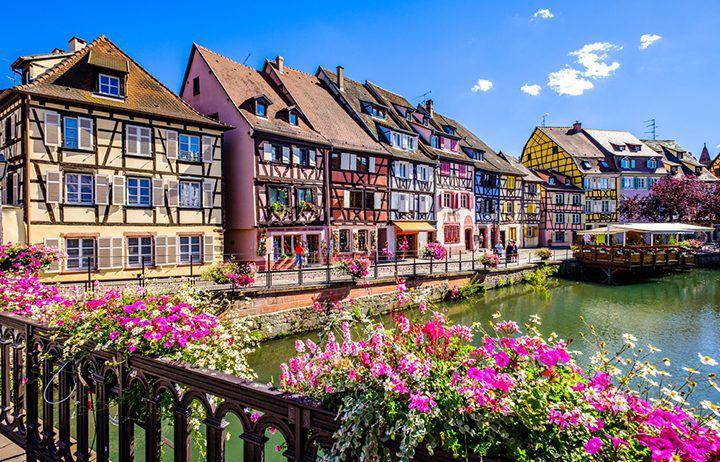When traveling, some individuals might be snobs and only be interested in seeing the most prestigious sites in the most prestigious cities. This is truer than ever when thinking about France. Sure, Paris and Nice are wonderful, but there are plenty of other places in Gaul that are worth visiting as well. Wonderful landscapes, quaint towns, and magnificent churches may be found in these places that are often overlooked. These under-the-radar French spots may become the next big thing if enough people like you visit them.
10. Nimes
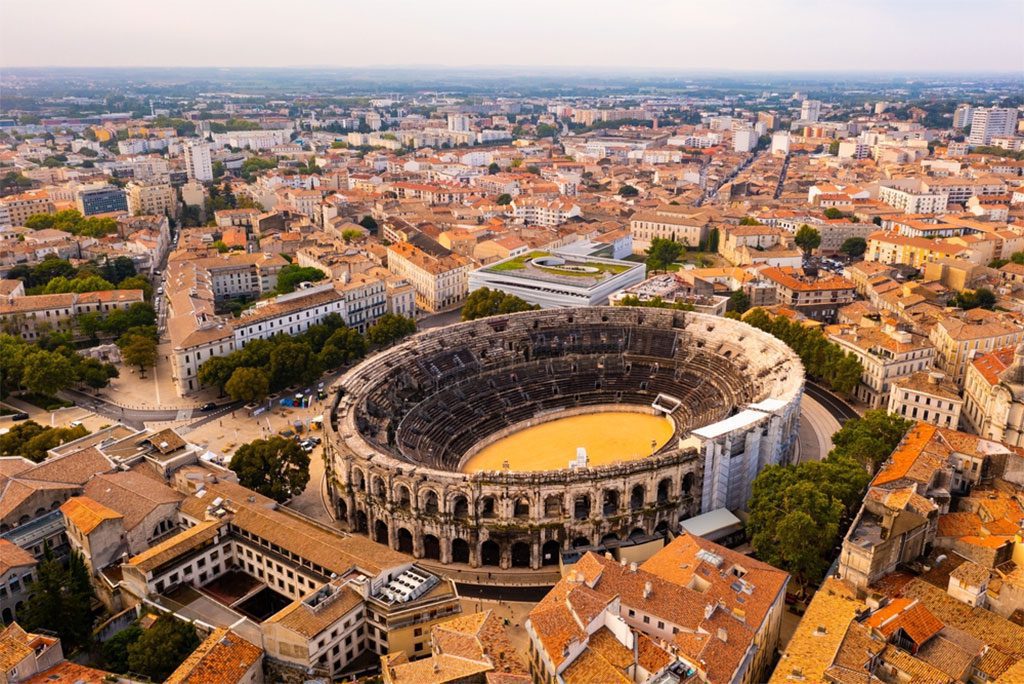
Even though you may see Roman ruins all around France, the best collection is at Nimes. Due to its extensive history of ruin, it is sometimes referred to as “the French Rome.” Built in the 1st century, this amphitheatre is the finest surviving arena in France and is being used for bullfights. The Maison Carrée, a Roman temple honoring Agrippa’s offspring, is another must-see. The site of an ancient Roman temple now hosts a Romanesque-Gothic church. One contemporary structure by 20th-century architect Kisho Kurokawa takes its inspiration from the amphitheater’s hemicycle form.
9. Etretat
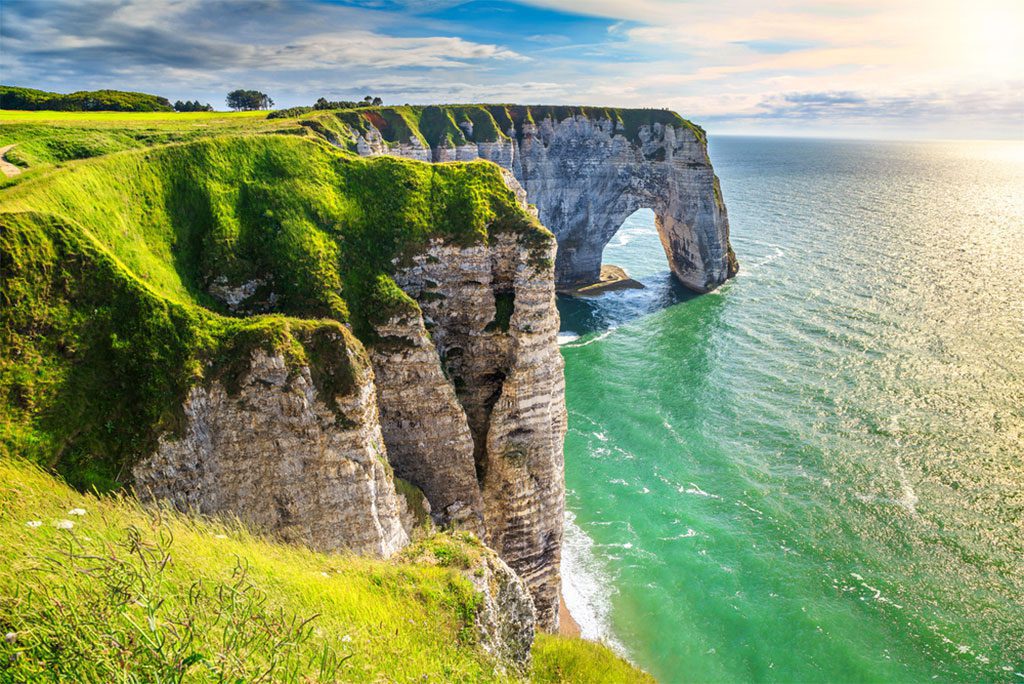
While England has the White Cliffs of Dover, France can boast the White Cliffs of Etretat, located just over the English Channel. Etretat is most famous for these cliffs. They got there with some help from Claude Monet and the Impressionist movement. These cliffs, guarding the ocean in Normandy, have been shaped by the wind, the water, and erosion. Erosion pressures are also responsible for the three natural arches that may be seen along the cliffs. Visit the site where two French pilots crashed while attempting a nonstop transatlantic flight aboard the White Bird in 1927.
8. Toulouse
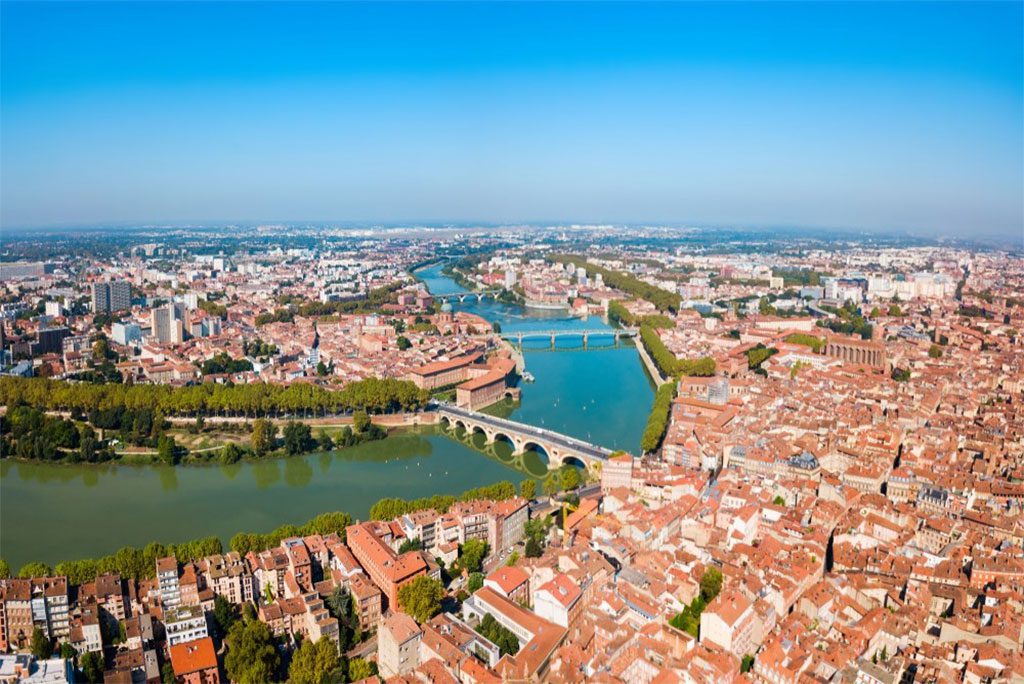
Though it boasts 103,000 students, Toulouse’s 1229-founded university is only fourth in size among France’s higher education institutions. Even if your primary reason for visiting Toulouse is not the university, you should take some time to see the city’s historic buildings. The pink terracotta bricks used in its construction have earned Toulouse the moniker “Pink City” (Ville Rose). The Basilica of St. Semin is the biggest surviving Romanesque structure in Europe and is worth a visit if you find yourself in the area. Don’t forget to check out the Canal du Midi as it passes through Toulouse on its route from the River Garonne to the Mediterranean. The canal was a major engineering feat of the 17th century.
7. Dijon
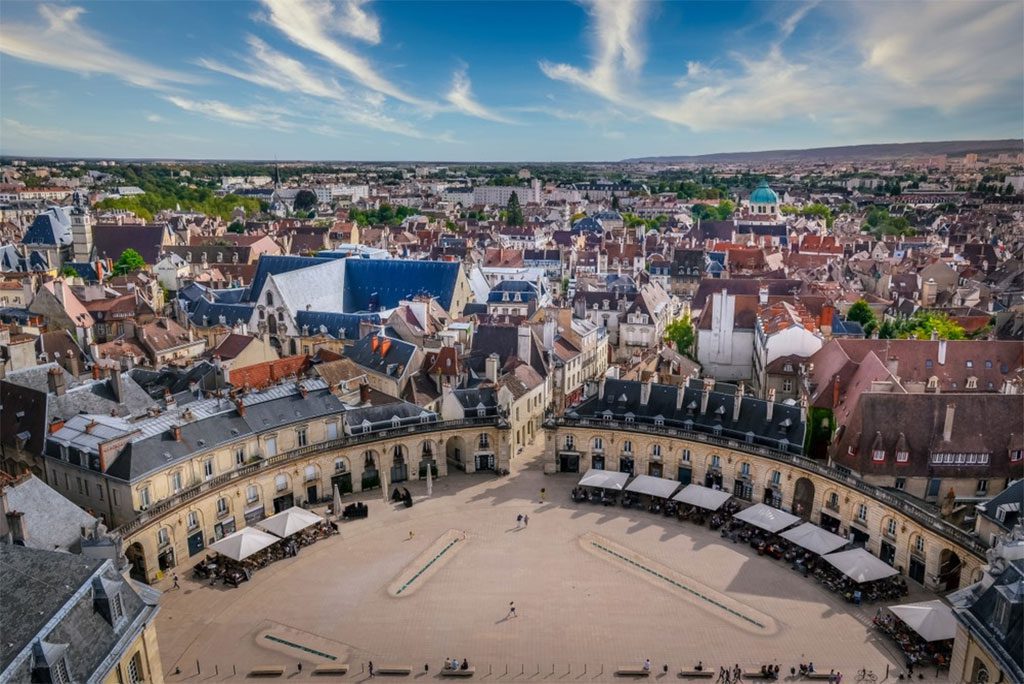
Think of the most well-known mustard in the world. If you answered “Dijon,” then raise your hand and proceed to the front of the class. The place in which this delicious mustard was developed in 1858 inspired its name. This city in eastern France is known for its mustard, but that’s not all it has to offer. The Dijon Cathedral, with its thousand-year-old crypt, and the Dijon Cathedral are just a few of the churches in Dijon that showcase a wide range of architectural styles from over the ages. The roofs, which are often topped with colorful glazed tiles organized in geometric patterns, are one of the most distinctive features.
6. Annecy
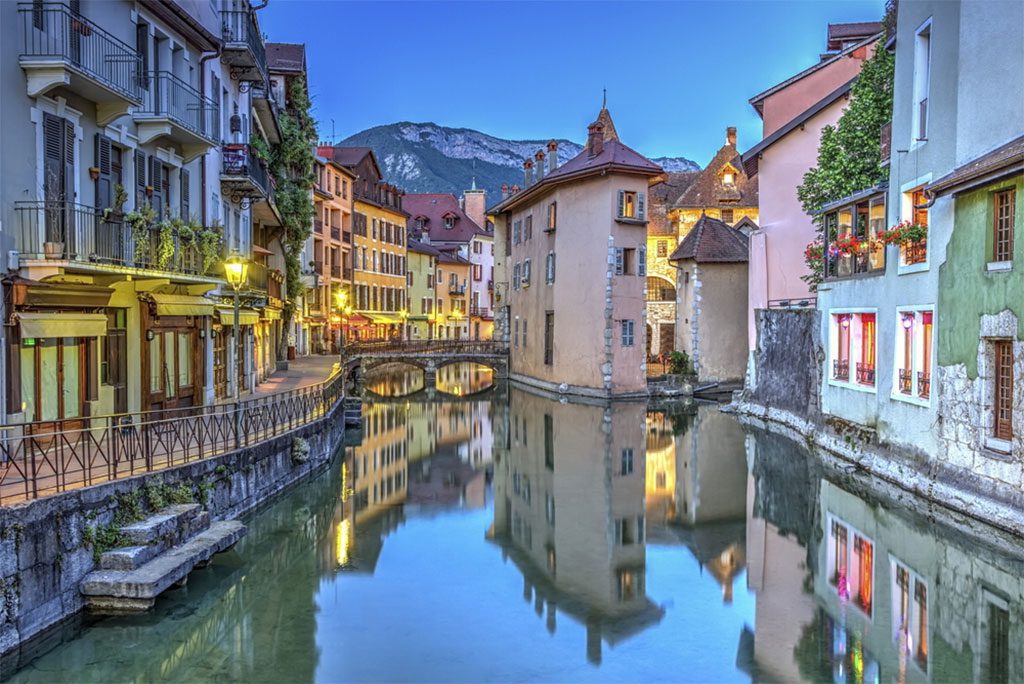
The town of Annecy has been called the “Pearl of the French Alps” because of its beauty. You’ll quickly understand why once you see the area. Stunning natural beauty serves as a backdrop for the metropolis. It has three canals and a river running through it, earning it the nickname “Venice of the Alps.” Skiing and hiking are two of the many winter and summer activities available in Annecy. The Palais de l’Isle, a fortress that housed the Genevan government from 1601 until 1815, is a must-see on every trip there. The building is now used as a museum, showcasing the history of the area. The Counts of Geneva made their residence in the Chateau d’Annecy for many years.
5. Arles
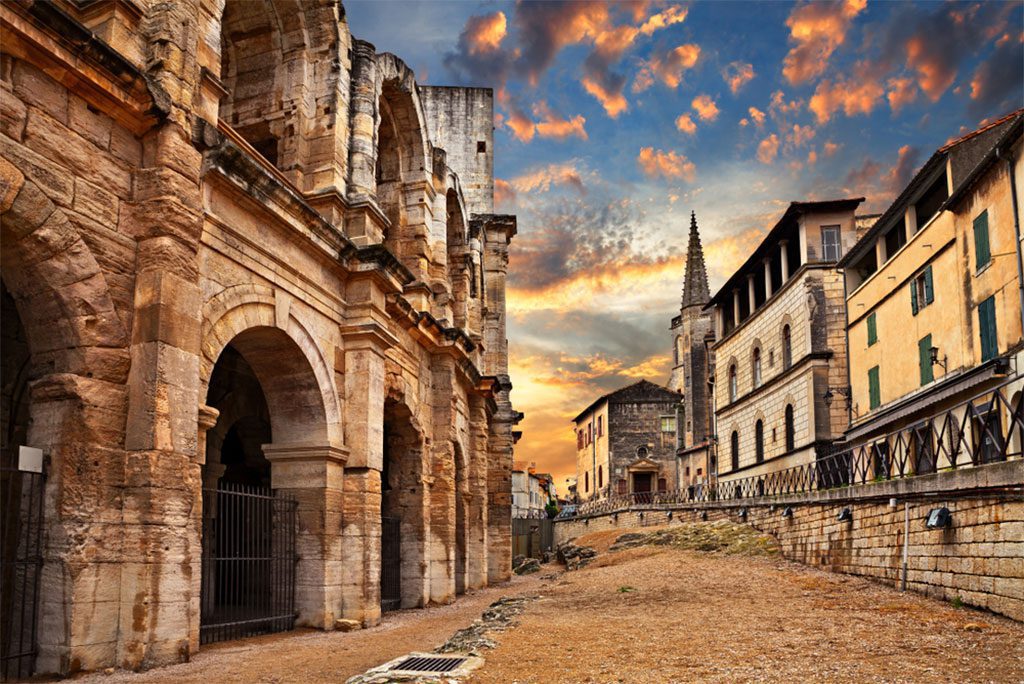
Arles, the city in Provençal France where Vincent van Gogh lived and worked as a master, is a place of secluded peace and stunning beauty. One of the city’s main attractions is the surviving relics of Roman architecture, which include the Roman Amphitheater. Today, bullfights, fairs, and other events take place in this massive arena. The Classical Theatre, Cryptoporticus, Obelisk, and Church of Saint Trophime are among the noteworthy Gallo-Roman edifices.
4. Corsica
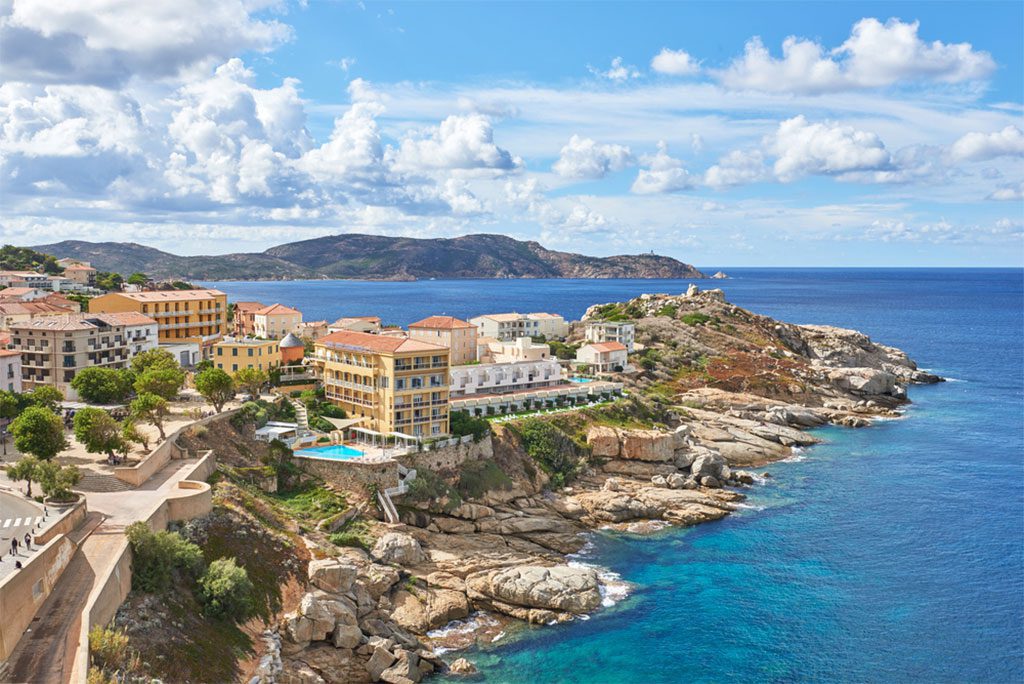
The Mediterranean island of Corsica is situated in closer proximity to Italy than to France. Some of the distinctions between the island and the rest of France might be explained in this way. Locals on the island speak two languages: Corsican and French. In spite of being a part of France for almost two centuries, traditional practices have been maintained. The island’s tallest mountains and some endangered species may be seen at the Parc Naturel Régional de Corse, located in the country’s forested center. The “island of beauty” is home to interesting hilltop villages, picturesque seaside towns, and immense natural resources.
3. Biarritz
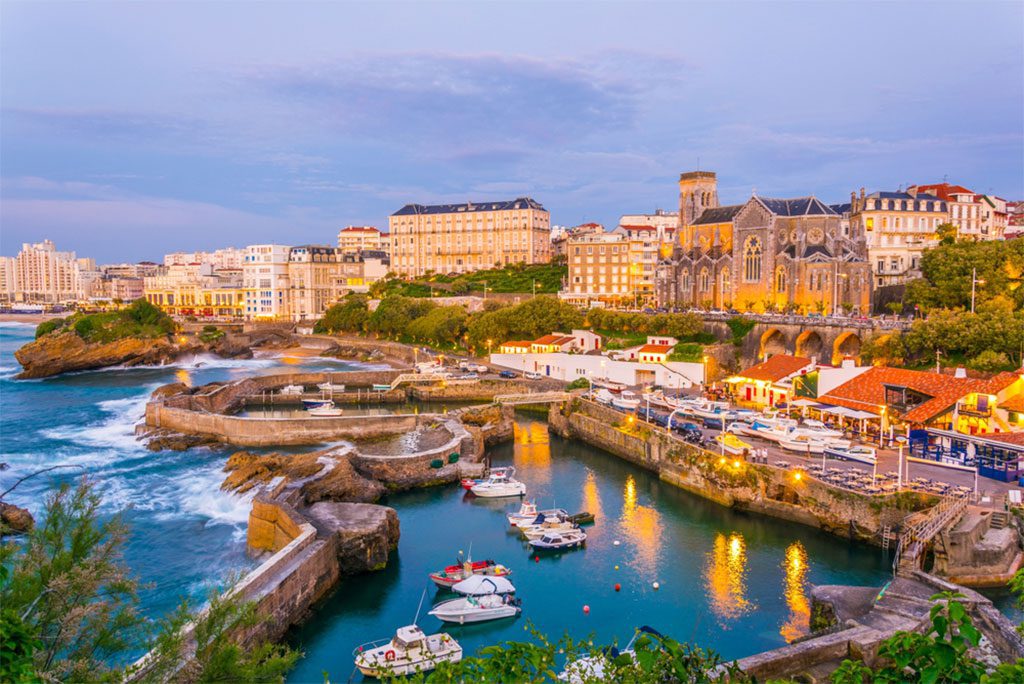
Biarritz, in the heart of the French Basque province just over the border from Spain, is a serene and refined coastal retreat. Biarritz, situated on the Bay of Biscay, is renowned for its beautiful beaches, which are ideal for both swimming and surfing. In contrast to the summertime crush on Grand Plage, surfers may go to Cote de Basque, a vast stretch of beach along the Boulevard du Prince de Galles. The Rock of the Virgin, a prominent geological feature of the town’s major harbor, is linked to the mainland by an antique iron bridge designed by Gustav Eiffel.
2. Colmar
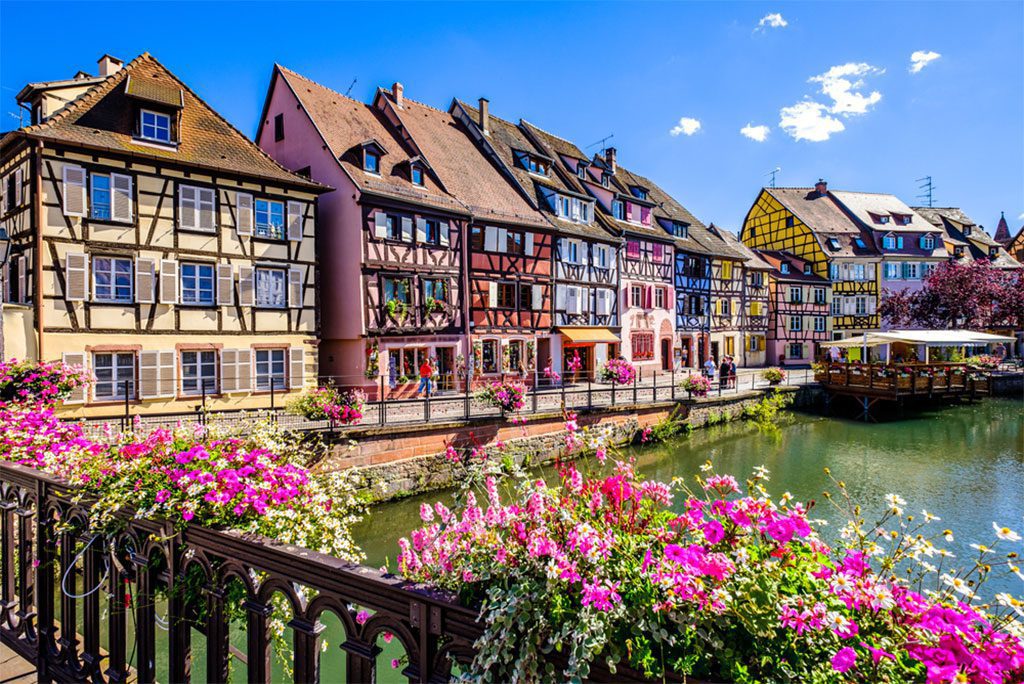
There was a time when Colmar was not a part of France. Historically, Colmar and the rest of Alsace were part of Germany. As a result, you’ll find some buildings that appear quite German next to some that look very French. The Gothic Eglise Saint-Martin, built in the 13th century, is an excellent example of this style because of its many chapels and sculptures, including some of the first stained glass windows ever made. Colmar’s Old Town, where the church is situated, is a beautiful area. Walk along the winding alleyways of cobblestone to admire the half-timbered homes and elaborately decorated balconies. Sculptures are sometimes placed along the walkways as well.
1. Avignon
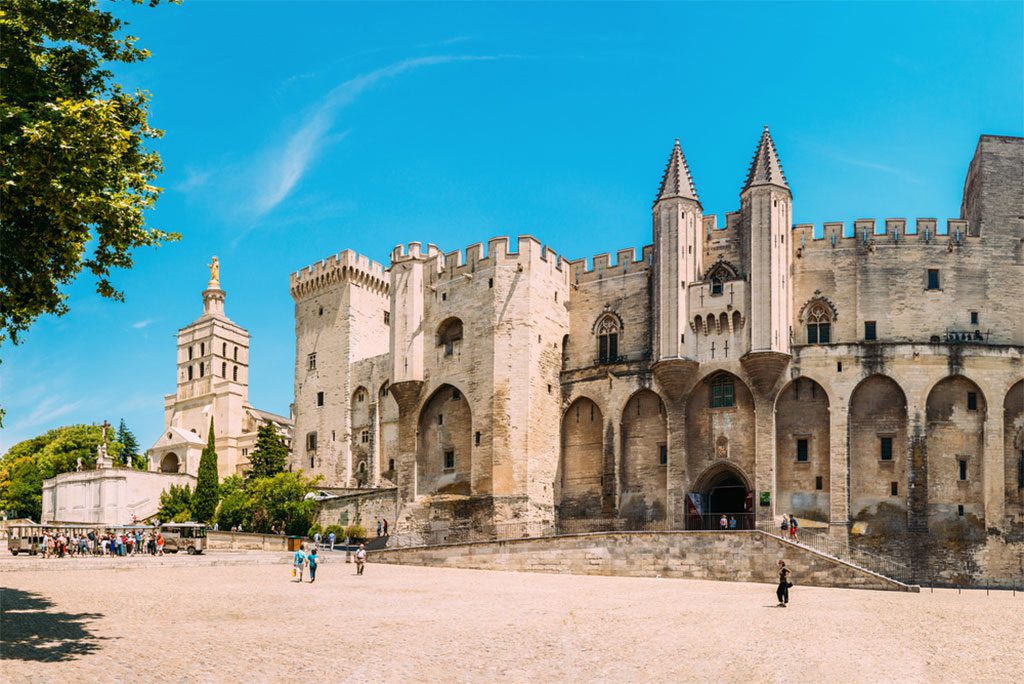
Avignon, a city on the Rhone River, is famous for its picturesque ancient town. The structures used by the popes who temporarily relocated their residence from Rome to this area between 1309 and 1327 are a major draw for tourists. A pope purchased the city a short time later, and it remained in church hands until the 18th century. The Old Town’s walls and the Palais des Papes are must-sees. In this historic city, you may while away the time by taking a ride along the Rhone River and eating the local food at Halle, a vast covered market.


